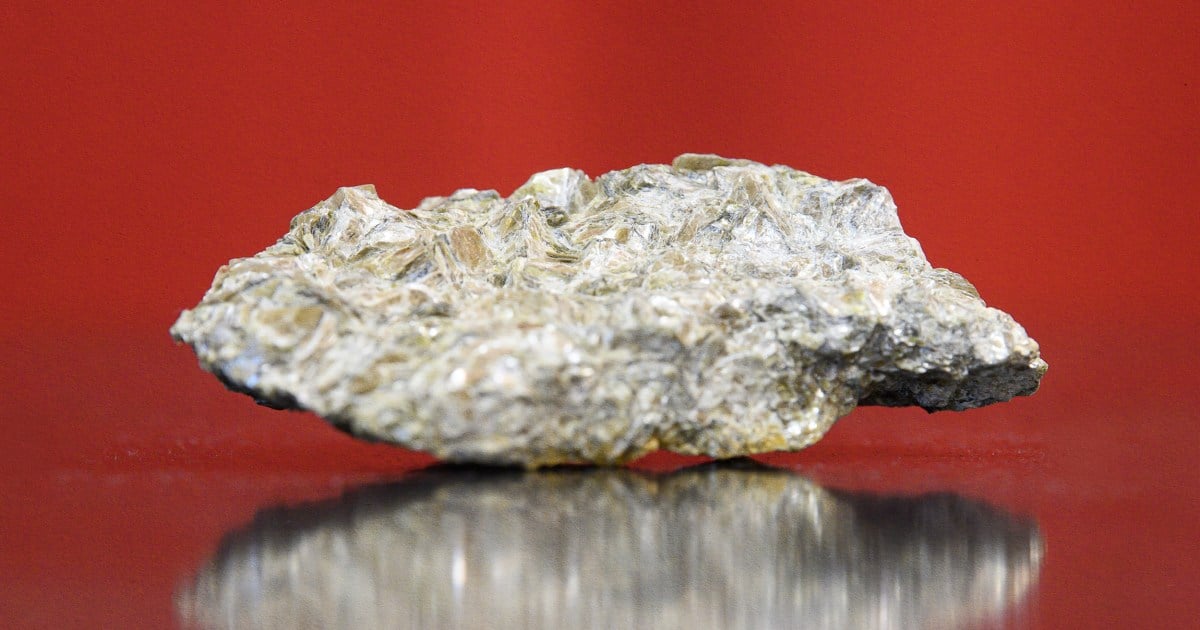- Joined
- Sep 7, 2019
- Messages
- 10
- Reaction score
- 3
I was recently diagnosed with bipolar I disorder in June 2022. I was pre-med in undergrad (BA Biochemistry) and have a pre-med postbacc under my belt (MS in Biomedical Science). I am not the typical pre-med; non-traditional student 31 YO. I check ALL of the boxes except MCAT (two <50% attempts). Got the grades, research, volunteering, patient care experience, everything. Didn't do a typical postabacc either, it was at an academic med center/med school and we took the MS 1 curriculum for our coursework (gross anatomy, systems physiology, neuroanatomy, medical genetics, bioethics, case based learning, clinical pharmacology).
Is it possible to get through the rigors of medical school and residency with a bipolar I diagnosis? Assuming I can get in. Assuming I smash the MCAT on the third attempt.
Right now I am controlled under medications (3). I have bipolar I with psychotic features so I have criminal history from my manic episodes that may need to be addressed from an admissions perspective. I understand that arrest records never go away. I have experts I can defer to on this at my graduate school or on the SDN confidential admissions forums. All charges have been dismissed (4 misdemeanors), except two current felony indictments that are being litigated presently. I am pretty sure felony convictions would keep you from getting a medical license and DEA license. Is that true?
My outpatient psychiatrist (MD) says it isn't possible to do med school because the stress can cause you to go manic or sleep deprivation doing overnight shifts or call. I don't know enough of the science to know definitely. I also don't understand how much overnight shifts or call you have to do as a med student. As a resident, I understand that it is specialty dependent. I am sure some people have done it. One of the psychiatrists at an in-patient unit I was in said it was possible to do.
Do I give up on the dream of becoming a physician and move onto something else or is it possible to do?
Is it possible to get through the rigors of medical school and residency with a bipolar I diagnosis? Assuming I can get in. Assuming I smash the MCAT on the third attempt.
Right now I am controlled under medications (3). I have bipolar I with psychotic features so I have criminal history from my manic episodes that may need to be addressed from an admissions perspective. I understand that arrest records never go away. I have experts I can defer to on this at my graduate school or on the SDN confidential admissions forums. All charges have been dismissed (4 misdemeanors), except two current felony indictments that are being litigated presently. I am pretty sure felony convictions would keep you from getting a medical license and DEA license. Is that true?
My outpatient psychiatrist (MD) says it isn't possible to do med school because the stress can cause you to go manic or sleep deprivation doing overnight shifts or call. I don't know enough of the science to know definitely. I also don't understand how much overnight shifts or call you have to do as a med student. As a resident, I understand that it is specialty dependent. I am sure some people have done it. One of the psychiatrists at an in-patient unit I was in said it was possible to do.
Do I give up on the dream of becoming a physician and move onto something else or is it possible to do?


